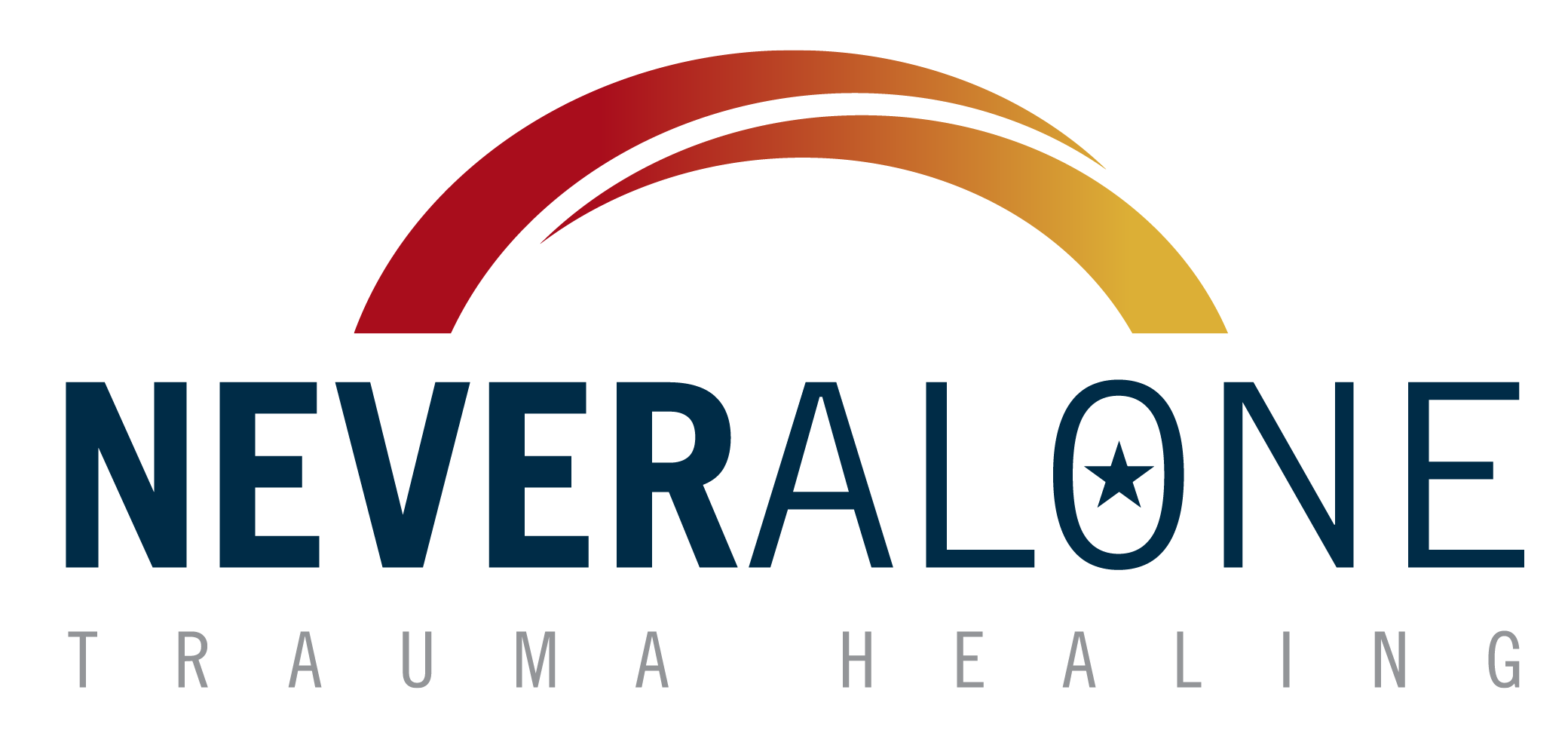Part 3
NAVIGATING COMING HOME
What can we do to make coming home easier? There is no “easy button” to fix this transition, but there are steps that you can take to prepare yourself and your family.
HOW TO HANDLE BAGGAGE
When coming home, both the veteran and family members are all carrying “baggage.” Families, especially children, will not automatically know how to unpack these bags. It will take close and intentional effort. Families will need to be equipped with ways to unpack their bags together.
One way to do this is to share a family meal with time to answer questions or tell stories about experiences. Another is to create a family timeline or album, adding events and important milestones that were significant to family members during deployment. For example, a 16-year-old who got his or her license during a parent’s deployment.
BIBLICAL EXAMPLES
Always remember that God is there to help us unpack our baggage. Remember back to “Bringing Pain to the Cross.” God invites us to bring our pain and suffering to him.
Reflect & Respond
Journal Exercise #3
What have you learned in this lesson that helps you adjust your expectations for coming home? Where in your family life can you use some of these strategies for communication? Who will you use them with? How can you ask, seek, and knock to ease the challenges of transitions?
If you have not yet downloaded and printed your Module 6 journal, you can download it now.
WHAT’S NEXT
Coming home is just the start of an entire process of adjusting and rebuilding relationships. In the final module of this program, you will learn about Rebuilding and Resilience.
